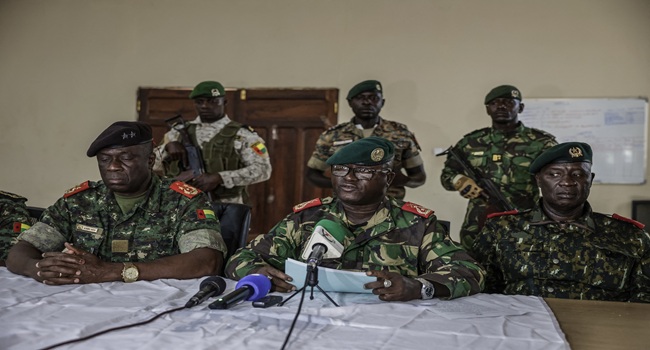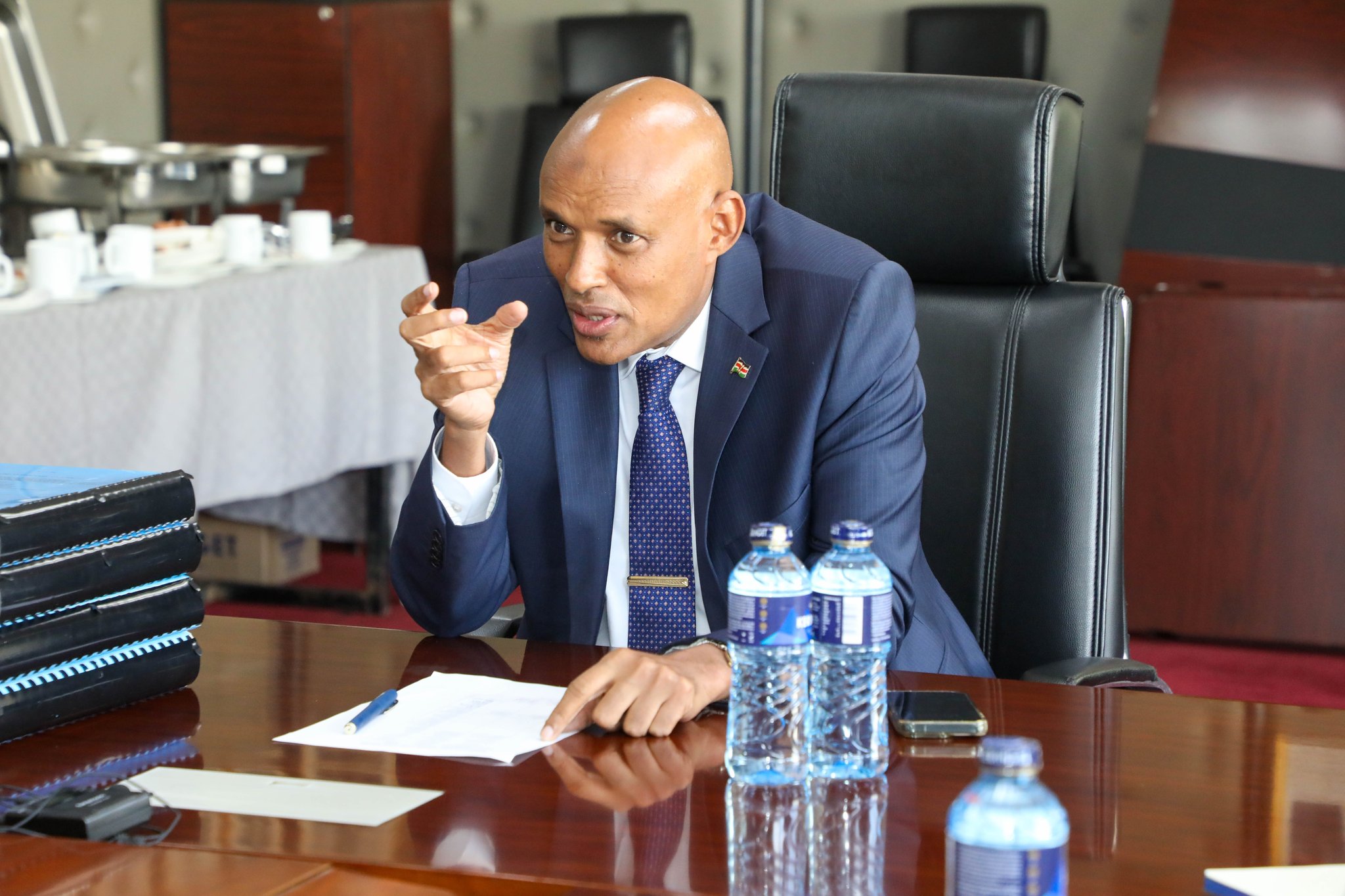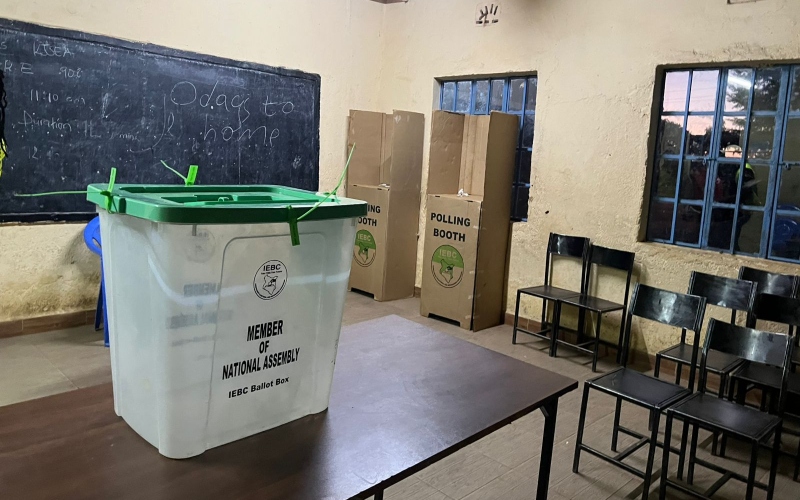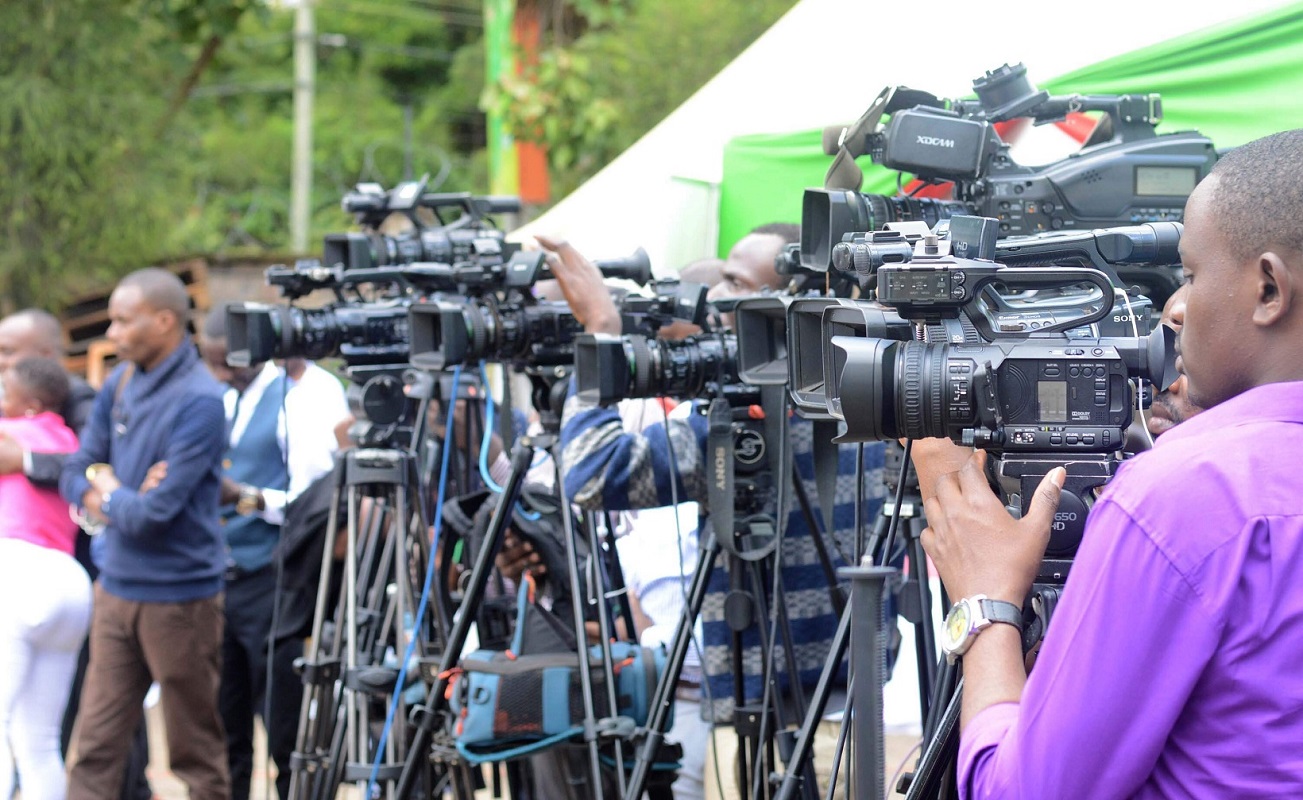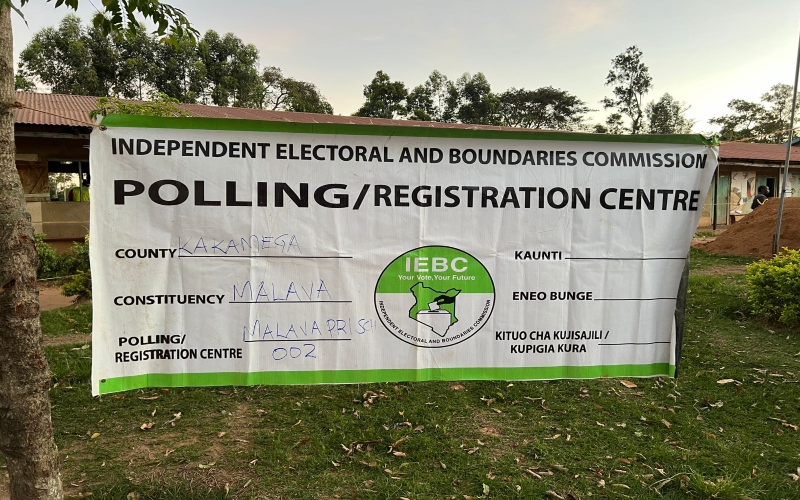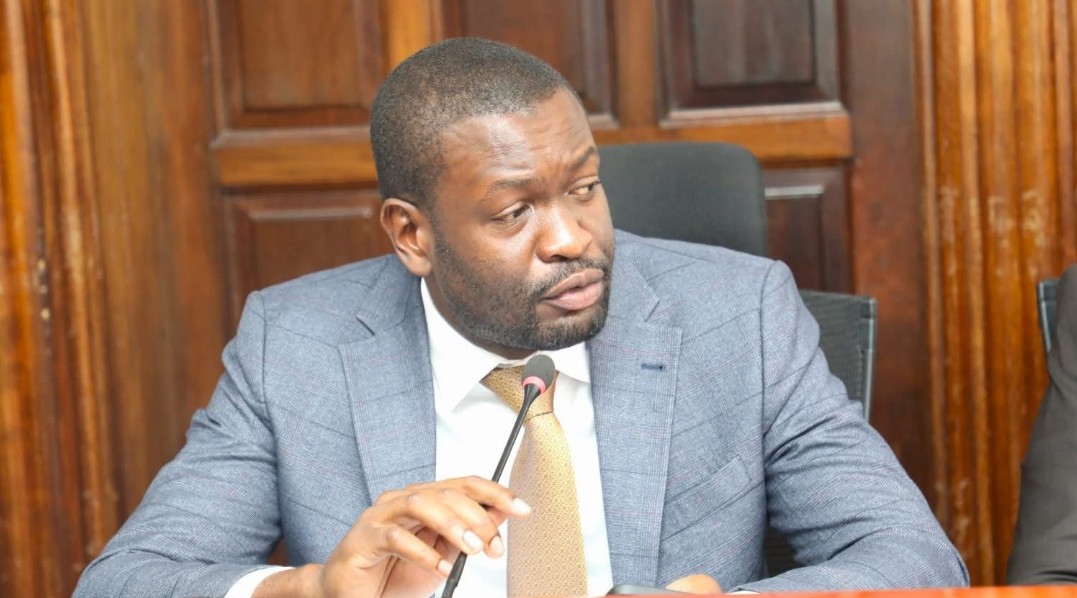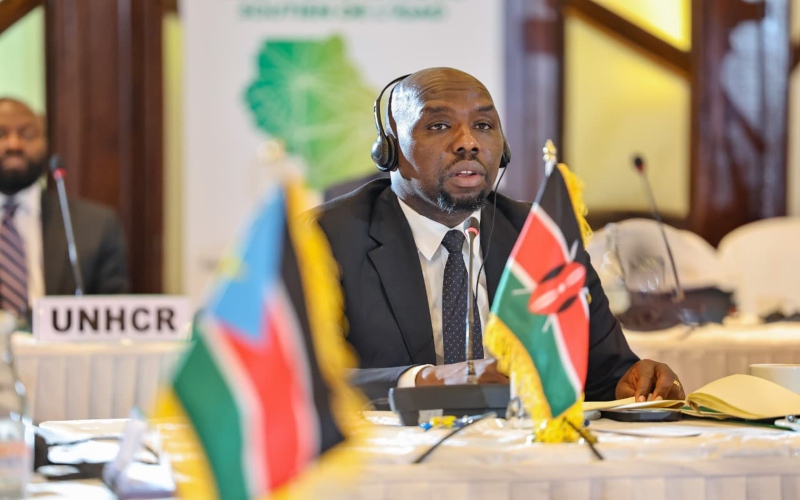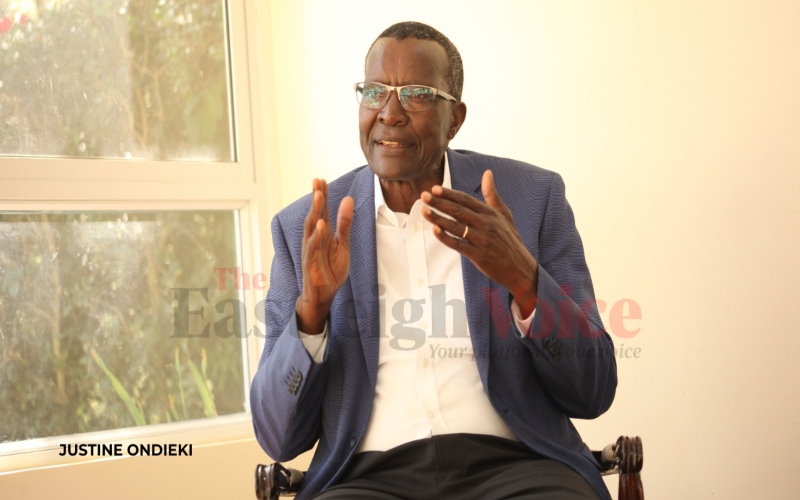After meeting with opposition, Ruto urges unity to tackle Kenya's economic challenges
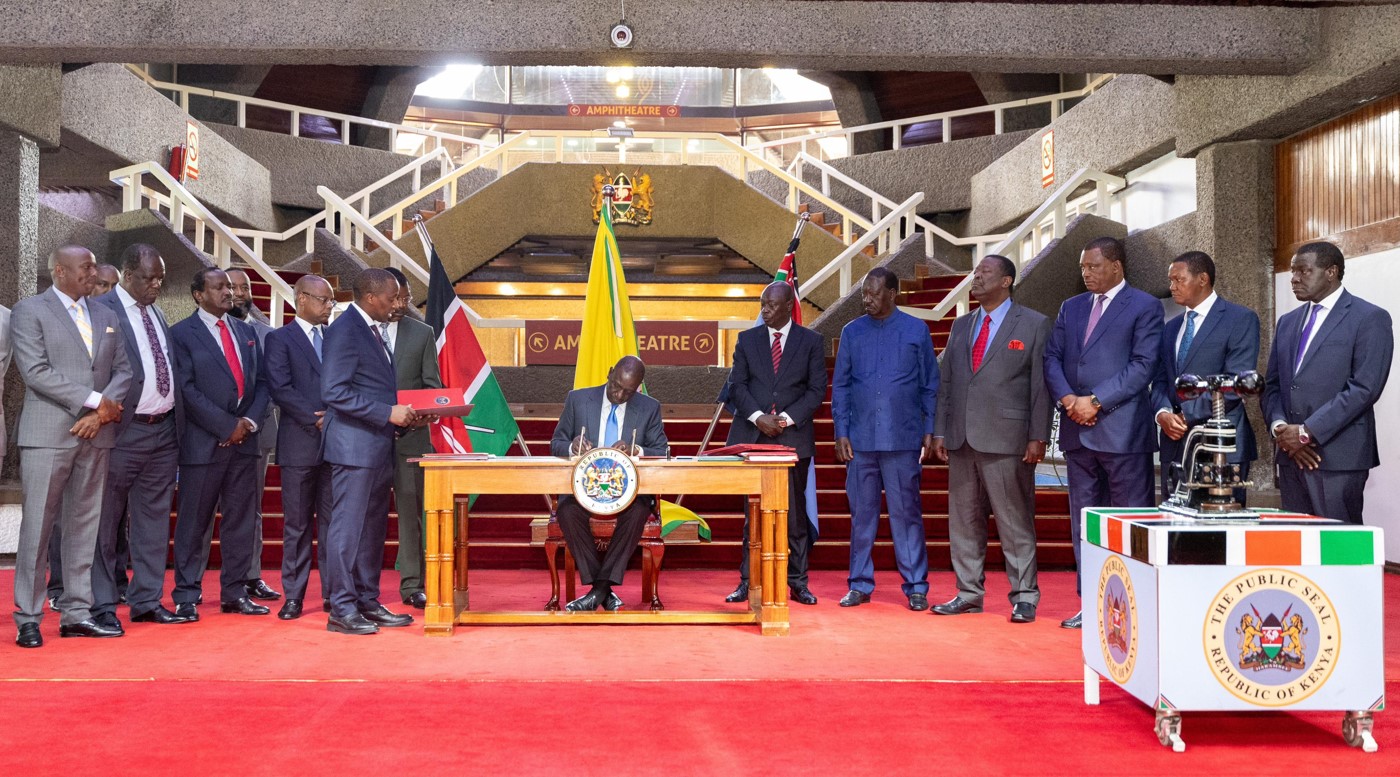
The president highlighted the significance of the National Dialogue Committee (NADCO), established last year to foster consensus across political lines on critical national issues, including the reconstitution of the IEBC.
President William Ruto has called for unity among leaders and stakeholders to tackle Kenya's current challenges and build a prosperous future for all.
Addressing the media at the KICC in Nairobi on Tuesday after signing the Independent Electoral and Boundaries Commission (Amendment) Bill, 2024, Ruto emphasised the need for a broad political arrangement to move the country forward.
More To Read
- Amnesty report shows at least 128 killed, 3,000 arrested in 2024–2025 Gen Z protests
- Ruto unveils Sh4 trillion development plan to propel Kenya to first-world status
- IEBC warns Parliament against rushed electoral reforms ahead of 2027 General Election
- MPs return from recess with NADCO Bills top of agenda
- Construction sector seen as Kenya’s weakest job creator in 2025, CBK survey shows
- Legal storm brews over Kenya’s cyber law as petitioners cry foul on privacy and expression
"As a way of charting the future from the current situation we are facing, I welcome all the leaders here and all other stakeholders working together for us to address the current economic situation through a broad-based political arrangement and to rally the country forward," he noted.
The president was referring to nationwide protests that have been taking place across the country, led by young people frustrated by a high cost of living, lack of proper basic services such as health and education, and excessive taxation. Protests against the Finance Bill of 2024 forced Ruto to withdraw it but the public is now demanding Ruto's resignation.
Kenya is also grappling with a high foreign debt burden, which Ruto has cited as the primary reason for raising taxes, his idea being that this is the only way for Kenya to become less financially dependent on foreign lenders, most of whom come with tough conditions.
The president highlighted the significance of the National Dialogue Committee (NADCO), established last year to foster consensus across political lines on critical national issues, including the reconstitution of the IEBC.
"Today's assent of the IEBC Amendment Bill marks a significant step in implementing NADCO's recommendations. It demonstrates our country's ability to tackle complex and sometimes divisive issues that could threaten national cohesion, stability, and security if left unaddressed."
President William Ruto has assented to the IEBC Bill, paving way for the process of recruitment of the body’s commissioners, based on recommendations of the National Dialogue Committee (NADCO) pic.twitter.com/UoWAsE8wBk
— The Eastleigh Voice (@Eastleighvoice) July 9, 2024
The head of state also stressed the importance of transparency and accountability in electoral processes, emphasising the role of the IEBC in overseeing elections impartially and efficiently.
"The spirit of NADCO is one of unity, bipartisanship, and consensus-building, values that have guided our nation through its most challenging times I am committed to supporting further national consensus initiatives to ensure Kenya moves forward with unity and strength," he said.
Going further, Ruto said, new commissioners should uphold the electoral body's mandate of ensuring elections are managed transparently and administered in an impartial, efficient, neutral, accurate and accountable manner.
"I concur with leaders who have said there must be professionalism and integrity as part of the cardinal principles of the men and women who will be charged with overseeing our elections," he said.
The bill, one of the nine outcomes of the NADCO Report, puts the country's electoral management system in place, including paving the way for the appointment of new IEBC commissioners.
Turning to economic matters, Ruto acknowledged the hardships caused by global economic shocks, such as the COVID-19 pandemic, high interest rates, and environmental disasters like droughts and floods.
"In the last two years, we have mobilised domestic and external resources to accelerate our economic recovery and steer clear of debt distress. These efforts have stabilised the Kenyan shilling, reduced fuel prices, and lowered the cost of living for our citizens."
The president also discussed the administration's recent initiatives, including the Finance Bill aimed at economic recovery and infrastructure development.
"There is a consensus that we must confront long-standing national issues such as national debt and corruption. This will unlock resources for creating opportunities, jobs, and wealth for all Kenyans."
In addition, the president told parliament to expeditiously process the other recommended bills resulting from the NADCO Report, such as the Conflict of Interest Bill, 2023, which seeks to reduce the risk of corruption, favouritism and bias in the public service.
"I ask parliament to expedite the Conflict of Interest Bill that will support our anti-corruption measures, especially among public officers."
Top Stories Today

